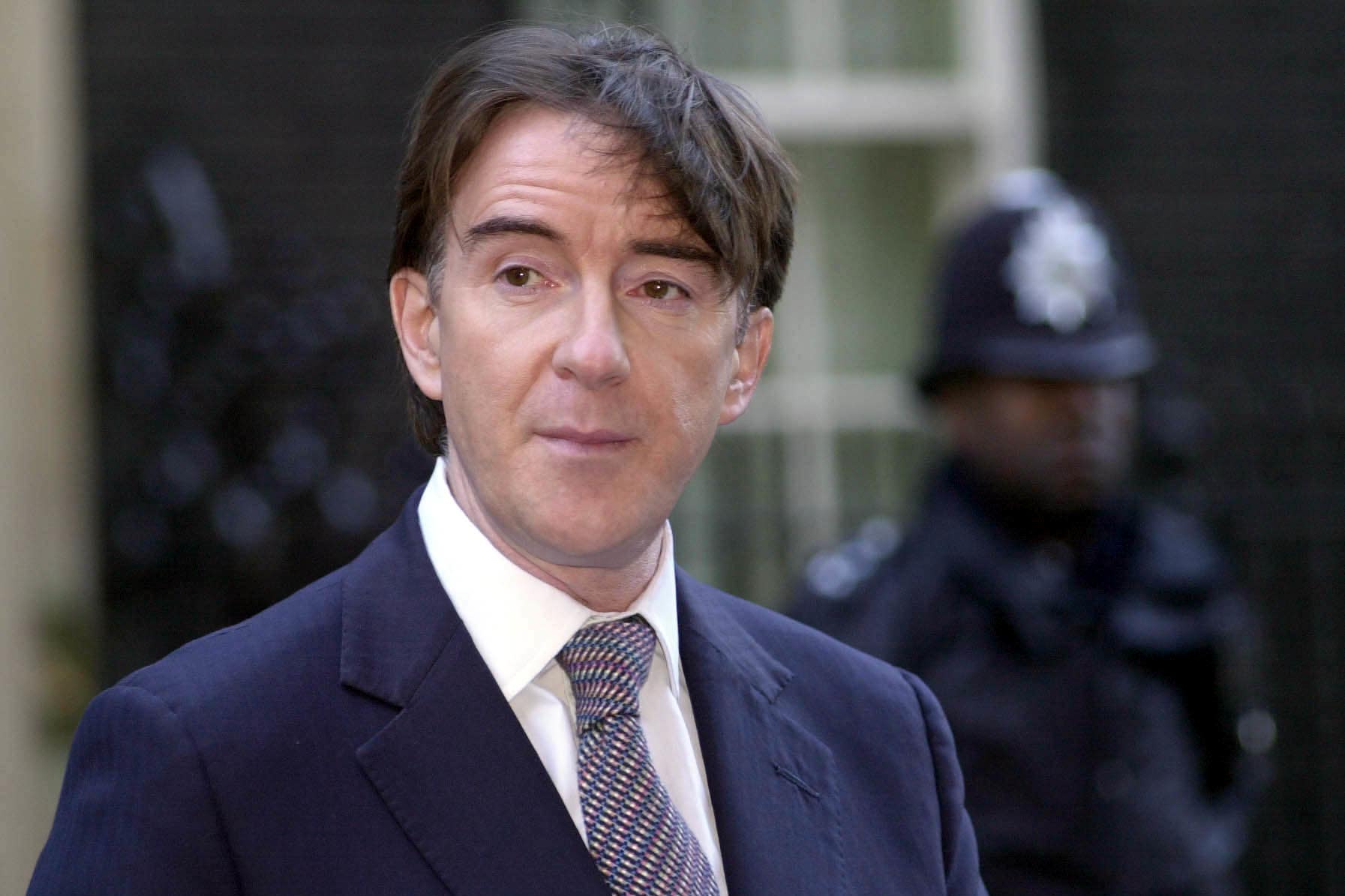Peter Mandelson pressed Alliance Party to redesignate as unionists
Declassified papers show the cross-community party resisted pressure from the then secretary of state.

Your support helps us to tell the story
From reproductive rights to climate change to Big Tech, The Independent is on the ground when the story is developing. Whether it's investigating the financials of Elon Musk's pro-Trump PAC or producing our latest documentary, 'The A Word', which shines a light on the American women fighting for reproductive rights, we know how important it is to parse out the facts from the messaging.
At such a critical moment in US history, we need reporters on the ground. Your donation allows us to keep sending journalists to speak to both sides of the story.
The Independent is trusted by Americans across the entire political spectrum. And unlike many other quality news outlets, we choose not to lock Americans out of our reporting and analysis with paywalls. We believe quality journalism should be available to everyone, paid for by those who can afford it.
Your support makes all the difference.Peter Mandelson urged Northern Ireland’s cross-community Alliance Party to redesignate as unionists at Stormont in 1999 to facilitate the formation of a powersharing government, declassified papers have revealed.
But the party rejected the then secretary of state’s suggestion, with one MLA demanding to know if he would ask Sinn Fein to switch from nationalist to unionist.
The 1998 Good Friday peace agreement saw the creation of a system that required the biggest political bloc of unionists to share power with the biggest bloc of nationalists in a mandatory coalition at Stormont.
Alliance couldn't countenance it
The agreement also created a system where MLAs are designated as unionist, nationalist or other. Alliance MLAs designate as other.
But in 1999, the Assembly was operating in shadow form amid disagreements over IRA decommissioning of weapons, and Mr Mandelson, who had recently succeeded Mo Mowlam as Northern Ireland secretary, was pushing for full powers to be devolved.
A briefing paper details an encounter he had with then Alliance Party leader Sean Neeson and MLA Seamus Close.
The note said: “Neeson said he and (then UUP leader David) Trimble had recently spoken about this matter.
“The First Minister had enquired about Alliance changing its designation of identity since he was less enamoured by the thought of the NIWC (Northern Ireland Women’s Coalition) providing his support – and in particular succeeding in an election on the basis of Monica McWilliams changing her designation.
“Neeson continued, saying it was impossible for Alliance members to change their designation, the party had been formed in 1970 as an alternative to unionism and nationalism and had consistently fought for its votes from this platform.
“Opting to change this fundamental position could not be sanctioned by the party.”
The briefing paper said Mr Mandelson pressed the Alliance representatives on the possibility of changing designation.
“Close was unequivocal in reply. Alliance couldn’t countenance it,” it said.
“Furthermore why should a party which had attempted to hold the centre ground for so long now be asked to change its position?
“Why shouldn’t Sinn Fein be asked to change their designation from nationalist to unionist?”
The memo records the secretary of state interjecting to say this was an “implausible proposal”.
The note said the pair were then asked if they would consider changing their designation for a short time, before changing it back.
It said: “Seamus Close, appearing more interested, asked whether this could be achieved. It was agreed that legal advice might be helpful on this point.
“The Secretary of State, in concluding the meeting asked Alliance to do all it could… to ensure a positive outcome.
“The GFA (Good Friday Agreement) had to work; there was no plan B.
“He again urged them to consider changing their designation adding that while he accepted their fundamental political position of building centre ground between the two traditions, assisting the FM/DFM election would surely, in the long run, also provide progress towards Alliance’s objectives.”